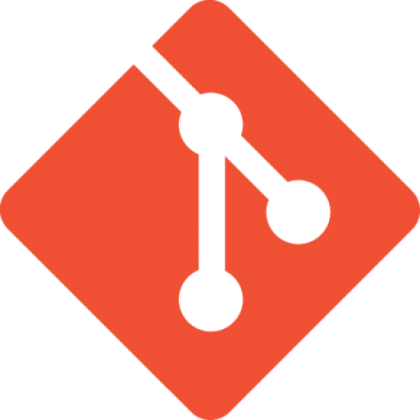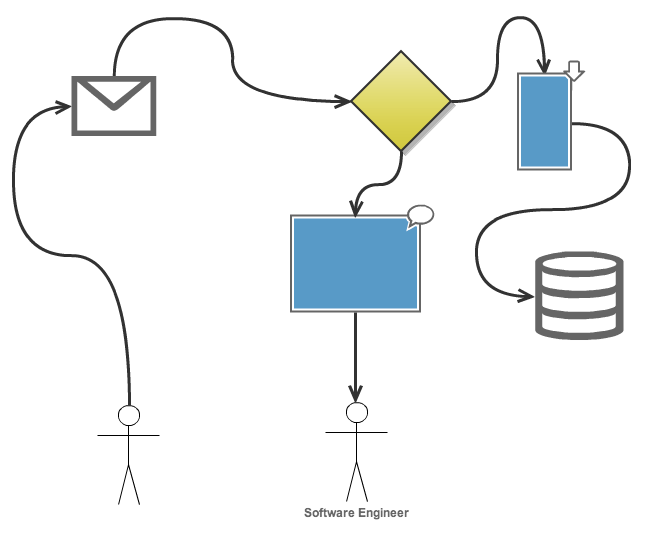Loading an Image Asynchronously in iOS

If you had read thru Apple’s iOS Human Interface Guidelines, I’m sure you’d notice that it mentioned about how your app should provide a responsive user experience. If the app is processing a lengthy operation, it ought to provide a feedback as suggested by Apple, “Subtle animation can give people meaningful feedback..” Consider this lengthy operation: loading image from a URL. This is a very common task. The problem is, UIImageView doesn’t have a built-in method that lets you load an image and at the same time give you a chance to provide a meaningful UI feedback such as a “subtle animation”.










